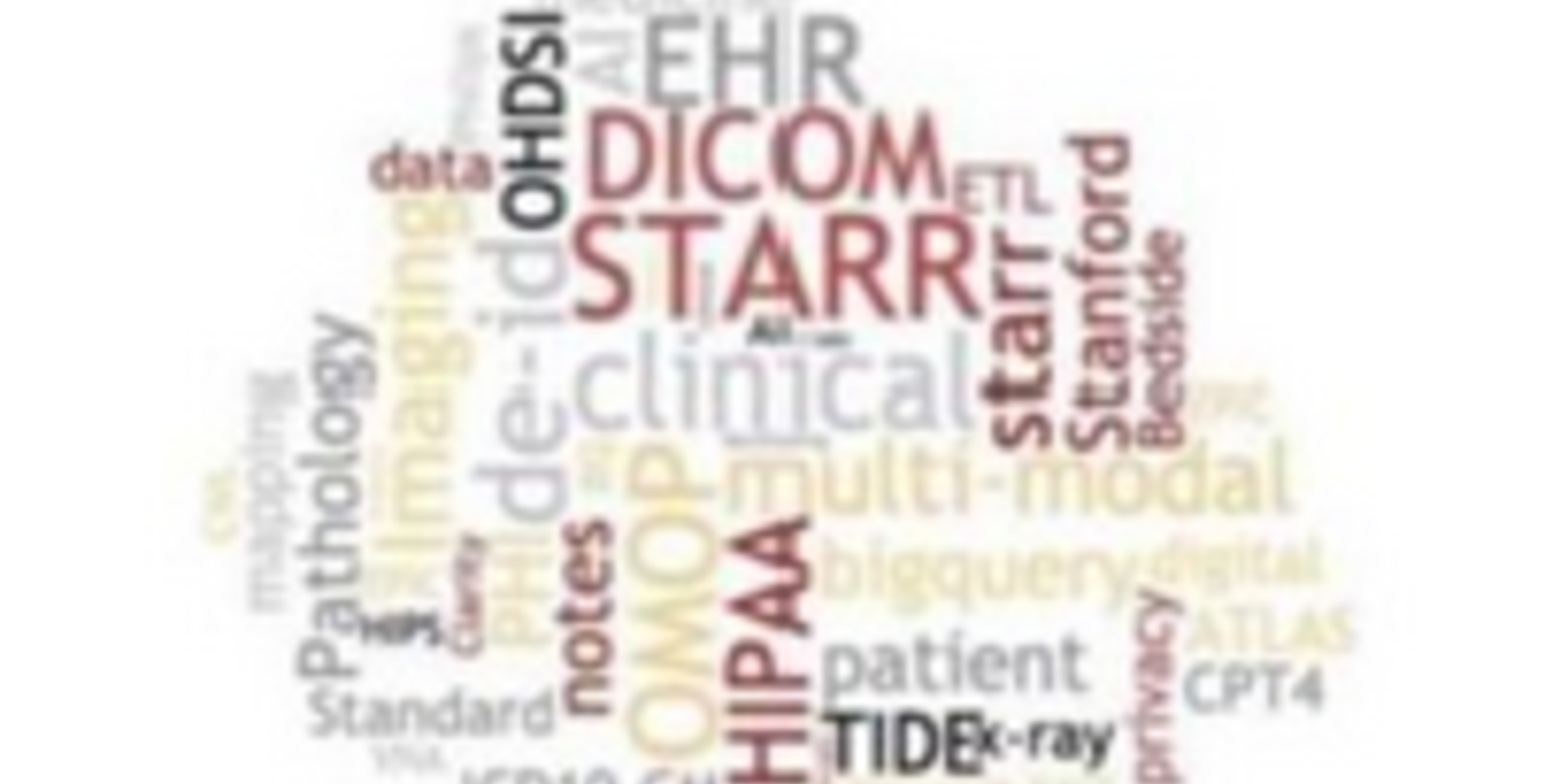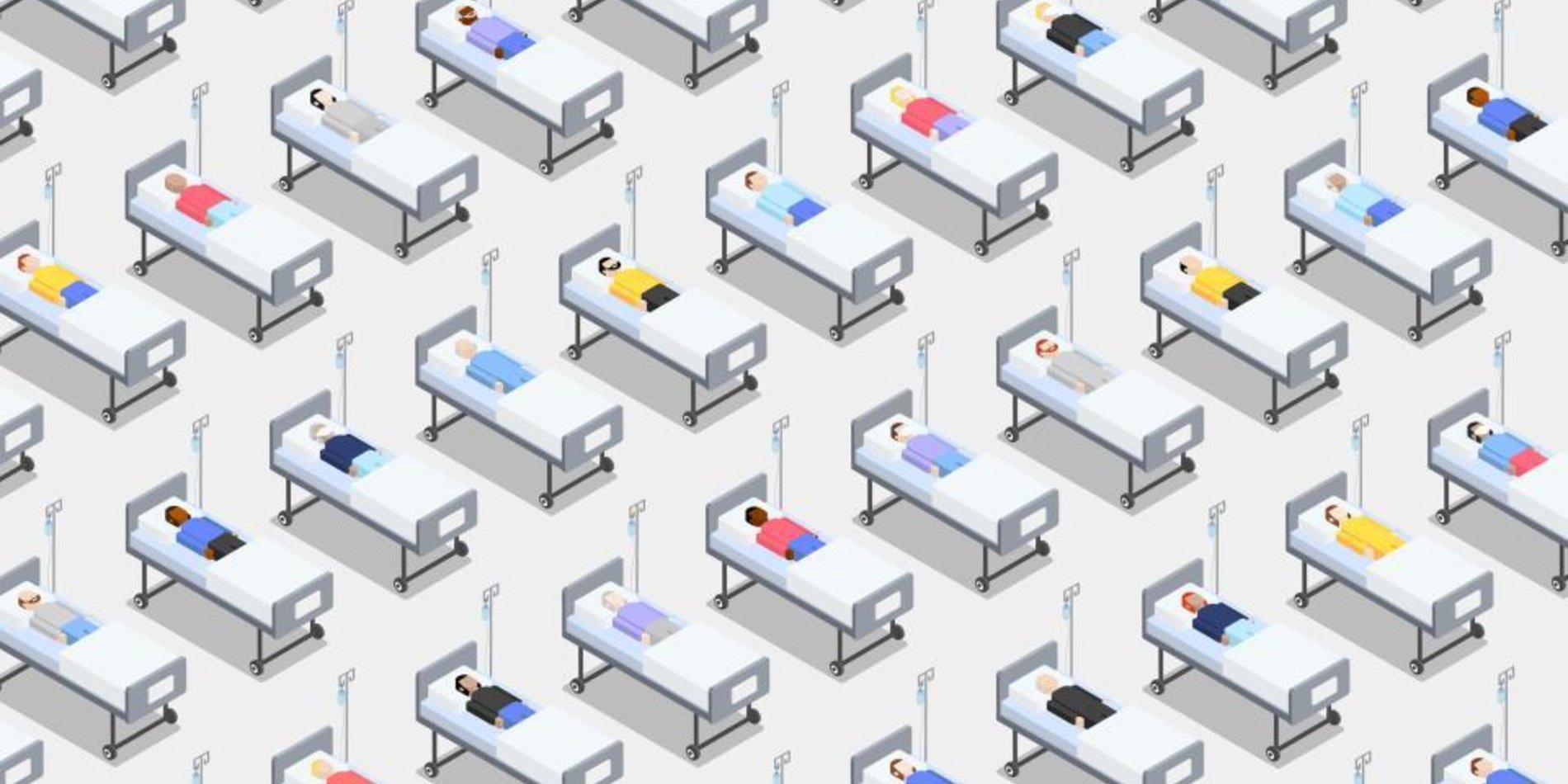RSNA Deep Learning Radiology Challenge led by Stanfords AIMI lab Dr. Safwan Halabi

Artificial intelligence (AI) algorithms have existed for decades, and have recently been propelled to the forefront of medical imaging research. Two factors are primarily responsible for this revolution: very powerful computer hardware available at relatively low cost, and the recognition that a certain types of algorithms are particularly well suited to image analysis. The latter discovery was made possible through the IMAGENET competition and represents the power of a fundamental transformation in research mechanics. Currently, most research studies collect data, perform analysis, and publish results. The same researchers may continue to augment and expand the data set and perform subsequent analysis, with resulting publications. The data for each study is held quite closely, and outside of multi-center trials is rarely shared amongst institutions. Competitions are fundamentally different model of research: research data is made available to the public, usually with a baseline performance metric. Groups around the world are invited to analyze the data, and create algorithms to beat performance of the prior generation. This model is so compelling in the rapidly growing data science community that a startup called Kaggle, which hosts ML datasets, competitions and algorithms was recently purchased by Google. The Pediatric Bone Age Challenge will utilize three skeletal age datasets acquired from Stanford Children’s Hospital, Colorado Children’s Hospital and the University of California Los Angeles. A training set of hand radiographs and corresponding skeletal ages will be provided to the participants.



